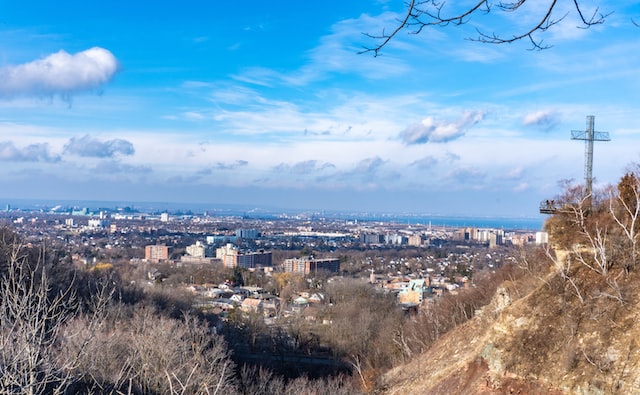Hamilton, ON – Hamilton City Council has approved a Water, Wastewater and Stormwater Rate budget for 2023, which supports a 6.49 per cent combined rate increase and targets infrastructure renewal, regulatory compliance and investment in the future of the water, wastewater and stormwater systems.
The City of Hamilton has the second oldest water system in Canada, and one of the oldest sewage systems in the nation.
The average resident’s bill in 2023 will be $877.30 for a household consuming 200 cubic metres of water annually, representing an increase of $53.45 annually.
- Total 2023 operating budget of $108.5 million (10.3 per cent increase from 2022)
- The 2023 capital budget of $255.3 million includes $107.3 million in Wastewater, $116.7 million in Water and $31.3 million in Stormwater investments
- Total 10-year forecast capital program is $3.27 billion
- Eight new full-time positions in response to regulatory changes, capital impacts and to maintain service levels
- Increasing investments based on poor asset condition, growth and development, environmental stewardship, and climate change resilience
- Supports maintenance and needed updates to aging infrastructure such as the Woodward Water Treatment Plant, the Dundas and Woodward Wastewater Treatment Plants and the massive network of pipes, pumping stations, stormwater ponds and other critical components
- Reflects significant inflationary increases to the cost of chemicals, energy and equipment, and materials needed to maintain these critical community services
Like other municipalities, the City of Hamilton is taking steps to mitigate the impacts of climate change and extreme weather events resulting in flooding and wastewater being discharged into Hamilton Harbour from combined sewer overflow tanks, elevated lake levels, frozen water service pipes and algal blooms which can threaten our drinking water. Hamilton’s combined sewage discharges into Hamilton Harbour are a result of a significant portion of the system containing combined stormwater and sewage pipes, which was the standard when the system was built more than 100 years ago but is no longer being constructed.
Members of the public interested in the City’s 2023 budget process can monitor the City’s website for budget-focused GIC meetings, which are streamed via the City’s website, the City’s YouTube channel or via https://cable14.com.
Quick Facts
Summary of Hamilton’s water services and infrastructure:
- Water supply, distribution, support services and infrastructure management with $4.25 billion of water assets
- Four communal well systems: Carlisle, Freelton, Greensville, Lynden
- 2,129 kilometres of watermains
- Day-to-day operations and maintenance of 13,891 fire hydrants, 21 water pumping stations, 13 underground water reservoirs and seven water towers
- 75.92 billion litres of water treated through the Woodward water treatment plant (2022 end of year projection)
- 240 watermain breaks repaired (2022 end of year projection)
Summary of Hamilton’s wastewater services and infrastructure:
- Wastewater treatment, collection, support services and infrastructure management with $7.25 billion of wastewater assets
- Nine combined sewer overflow tanks
- 70 wastewater pumping stations
- 48,500 maintenance holes
- 1,268 kilometres of sanitary sewer pipe and 573 kilometres of combined sewer pipe
- 104.55 billion litres of wastewater treated at two wastewater treatment plants (2022 end of year projection)
Summary of Hamilton’s stormwater services and infrastructure:
- Stormwater treatment, collection, support services and infrastructure management with $3.14 billion of stormwater assets
- 59 wet stormwater ponds and 61 dry stormwater ponds
- 1,278 kilometres of storm sewer pipes
- 145 kilometres of watercourses and 57 kilometres of municipal drains
- Seven wetlands and 630 metres of shoreline assets at 29 locations
- Two stormwater pumping stations
- 1.84 billion litres of stormwater storage capacity
Hamilton Water is committed to our core mission of providing safe drinking water to water users and the effective treatment of wastewater and stormwater before returning it to the environment. We continue to do so while facing the same challenges many others are facing – inflation and supply chain issues resulting in increased costs and a strict regulatory environment.” – Nick Winters, Director, Hamilton Water









